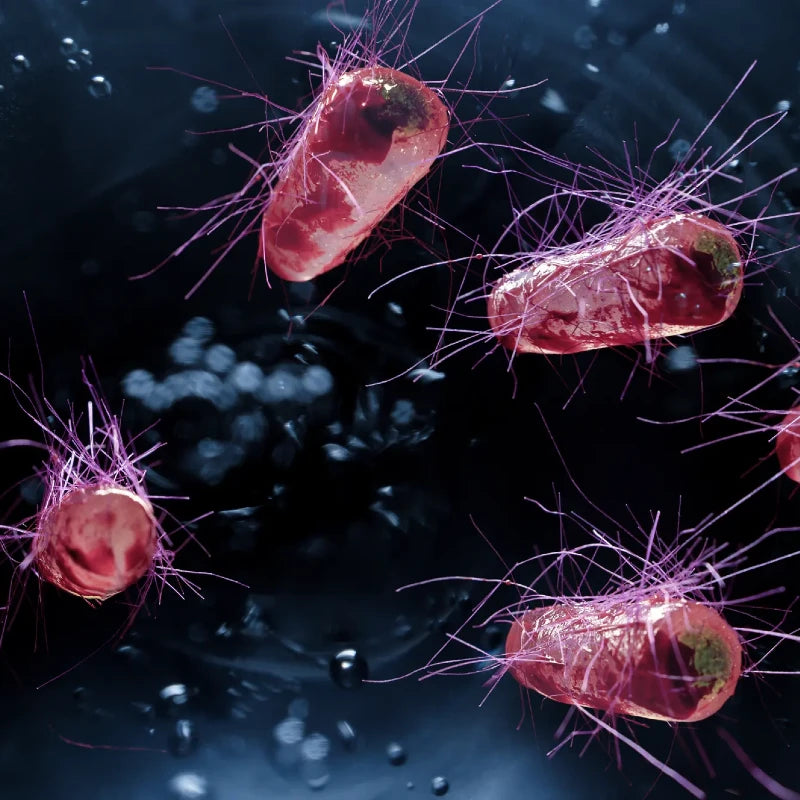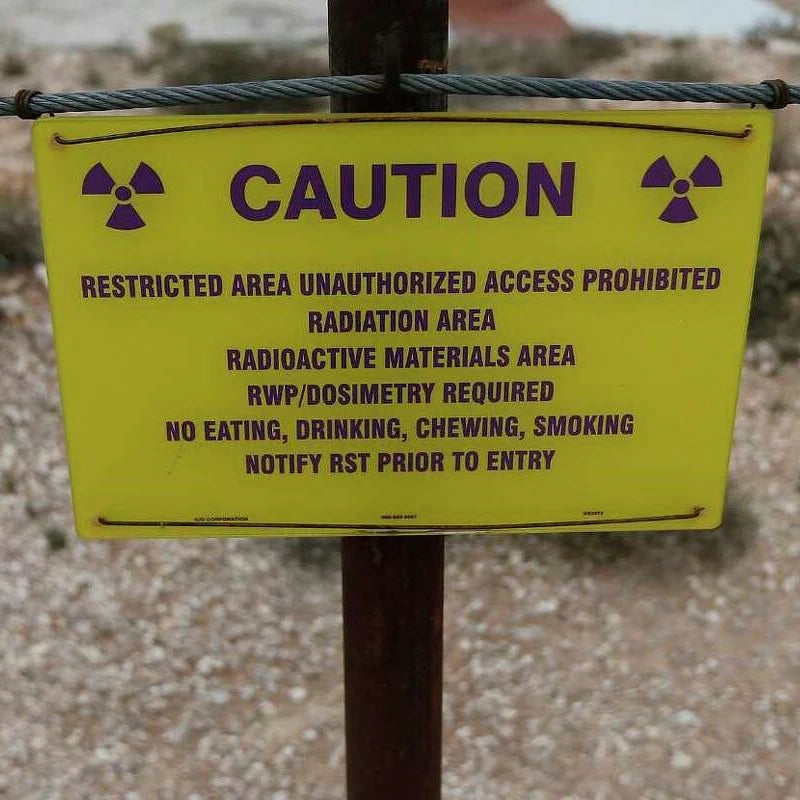Food safety is of paramount importance in today’s world, especially given the significant threat posed by Escherichia coli (E. coli) in our food supply. This harmful bacterium can lead to severe gastrointestinal illness and poses serious health risks. Traditional washing methods, commonly used to clean produce and kitchen surfaces, can greatly impact the effectiveness of E. coli removal. In this article, we will compare several traditional food washing techniques to help you understand which methods are most effective in ensuring the safety of your food.
Understanding Escherichia coli
E. coli is a type of bacteria found in the intestines of humans and animals. While most strains are harmless, some can cause severe foodborne illness. The primary sources of E. coli contamination include undercooked beef, unpasteurized milk, and raw vegetables that come into contact with contaminated water or surfaces.
E. coli can easily contaminate food during the preparation process, leading to serious health issues, including diarrhea, abdominal cramps, and, in severe cases, kidney failure. This underscores the importance of effective washing in preventing E. coli outbreaks. Properly washing food and kitchen surfaces can significantly reduce the risk of contamination.
Traditional Food Washing Methods
Soap and Water
Cleaning kitchen equipment and surfaces with soap and water is a common practice. Soap is effective in breaking down grease, dirt, and contaminants, making it a viable option for general cleaning.
Benefits of using soap include its ability to remove dirt and reduce the presence of bacteria on surfaces. However, there are limitations; soap residues can remain on food and surfaces, and its effectiveness against E. coli specifically may vary depending on how it is used.
Vinegar for Cleaning
Using vinegar for cleaning is another popular method for washing fruits and vegetables. As a natural cleaning agent, vinegar has inherent antibacterial properties that can aid in food safety.
The benefits of vinegar include its ability to help remove some bacteria and its eco-friendliness. However, it has its limitations, as it may not be effective against all strains of E. coli, making it essential to understand its capabilities.
Cleaning with Essential Oils
Another innovative approach is cleaning with essential oils. Essential oils like tea tree and lavender have antimicrobial properties that can potentially contribute to food safety.
The benefits of using these oils lie in their natural antibacterial qualities. However, there are limitations; not all essential oils are safe for ingestion, and their effectiveness against E. coli may depend on proper dilution and application.
Homemade Cleaning Solutions
Many people opt for homemade cleaning solutions to wash fruits and vegetables. These eco-friendly mixtures often include ingredients like baking soda and lemon juice, offering a natural alternative to chemical cleaners.
The benefits of homemade solutions include their customizable nature and minimal environmental impact. However, they also come with limitations, as not all recipes may be effective against bacteria, particularly E. coli, without proper formulation.
Comparing Effectiveness
Several scientific studies have been conducted to compare the effectiveness of these washing methods in reducing E. coli on various foods. Research suggests that while all methods can contribute to cleanliness, their effectiveness can vary widely based on factors such as contact time, concentration, and the type of food being cleaned.
To maximize the effectiveness of these washing methods, it is crucial to follow best practices. For instance, ensuring that the washing solution is adequately concentrated and allowing sufficient contact time can enhance E. coli removal.
Safe Food Handling Practices
Safe food handling is essential in preventing E. coli infections. Simple steps such as washing hands before food prep, avoiding cross-contamination, and proper food storage can significantly reduce risks.
Combining washing methods with safe food handling practices is an effective way to enhance food safety. Food safety education is crucial for consumers, as understanding how to safely prepare and handle food can help reduce E. coli risks and prevent outbreaks.
Introducing Milerd Detoxer
The Milerd Detoxer represents an advanced solution for enhancing food safety in your home. This innovative product is designed specifically for effectively removing contaminants, including E. coli, from your food and surfaces.
Unlike traditional methods, the Milerd Detoxer offers a more thorough cleaning process that ensures your food is safe to consume. Consider incorporating the Milerd Detoxer into your kitchen practices to significantly boost your food safety efforts.
Conclusion
In conclusion, comparing traditional food washing methods reveals various approaches to effectively remove E. coli from food. While soap and water, vinegar, essential oils, and homemade solutions all have their merits, none can guarantee complete protection without proper application and safe food handling practices.
Implementing these strategies in your daily routine will enhance your food safety measures, and considering advanced detox solutions like the Milerd Detoxer will provide an extra layer of protection against harmful bacteria.


Commenta
Questo sito è protetto da hCaptcha e applica le Norme sulla privacy e i Termini di servizio di hCaptcha.